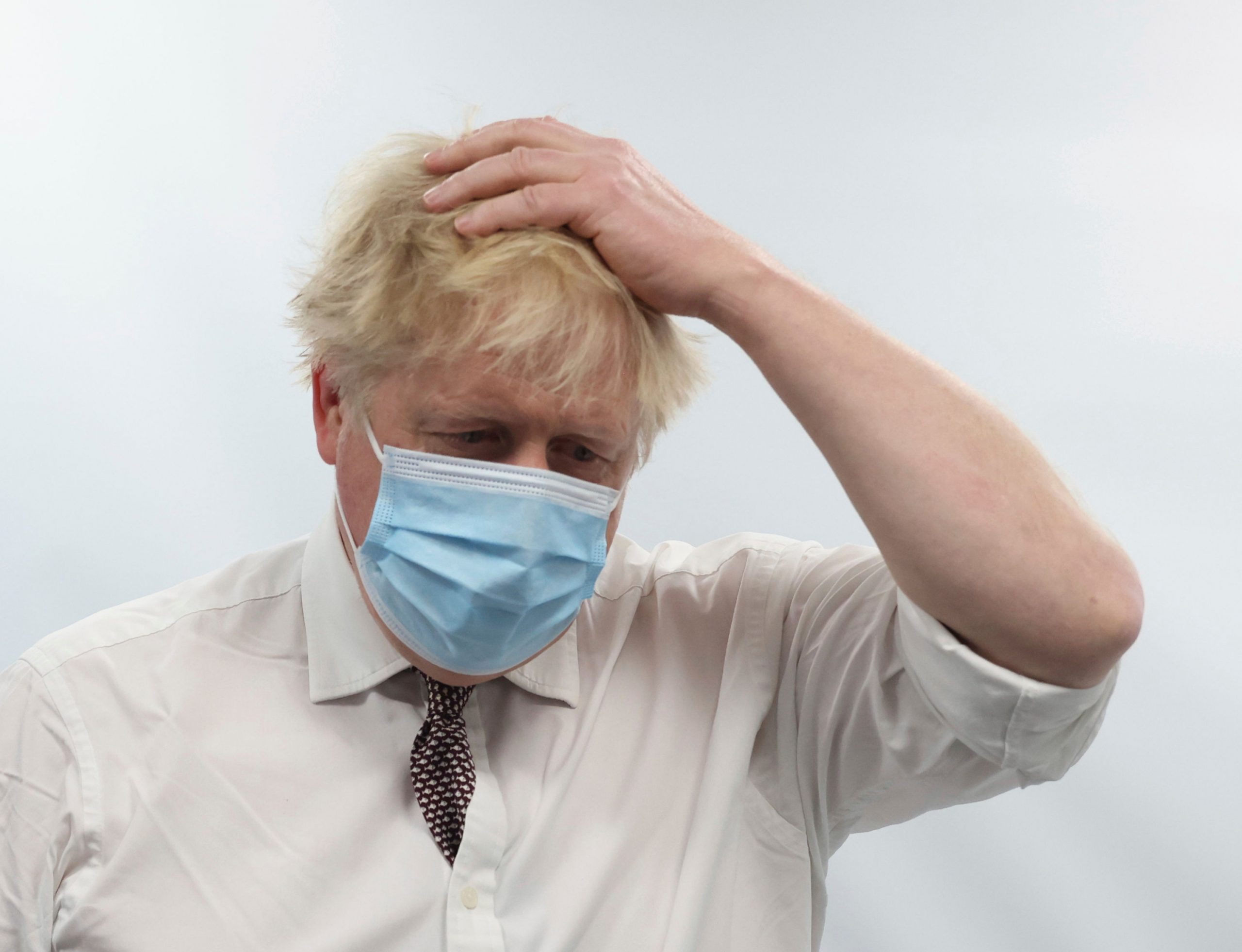British Prime Minister Boris Johnson will on Tuesday apologise to parliament as he faces lawmakers for the first time since he was fined by police for breaking his own COVID-19 lockdown rules, a government official said.
Johnson, who will address parliament at around 1430 GMT, was fined last week by the police for attending a birthday party thrown in his honour in June 2020 when people from different households were not allowed to meet indoors.
Also read: Britons caught fighting in Ukraine urge PM Johnson to negotiate release
Accusing him of misleading parliament after he told lawmakers last year that all rules were followed in Downing Street, Opposition parties have called for Johnson to resign.
Speaking to Sky News, Britain’s Northern Ireland minister Brandon Lewis said, “When he spoke to parliament he was speaking what he believed to be the truth.”
Also read: Boris Johnson to meet Narendra Modi in 1st India trip after becoming PM
“He did not believe at that point that anything he had done was against the rules but he absolutely accepts the police have looked at this, they have taken a different view.”
Following the fine last week Johnson said it hadn’t occurred to him he was in breach of the rules but he now “humbly” accepted he was.
Also read: UK PM Boris Johnson, other top officials banned from entering Russia
“It is simply incredible for the Prime Minister to say that he just didn’t know,” senior opposition Labour Party lawmaker Emily Thornberry told Sky News. “He should tell us that he has lied, that he misled parliament and he should resign.”
Pressure from Johnson’s own Conservative lawmakers for him to resign has abated with the war in Ukraine in which he has sought to play a leading role in the West’s response.
Also read: Volodymyr Zelensky ‘thankful’ for United States’ $800 million military aid
Conservative lawmaker Geoffrey Clifton-Brown, treasurer of the party’s “1922 Committee” which represents lawmakers who have no government jobs, said he would reserve judgement until the police investigation had concluded and the British public had had their say in local elections in early May.







